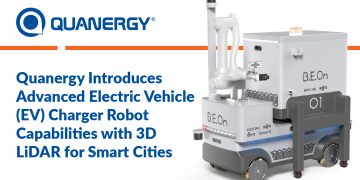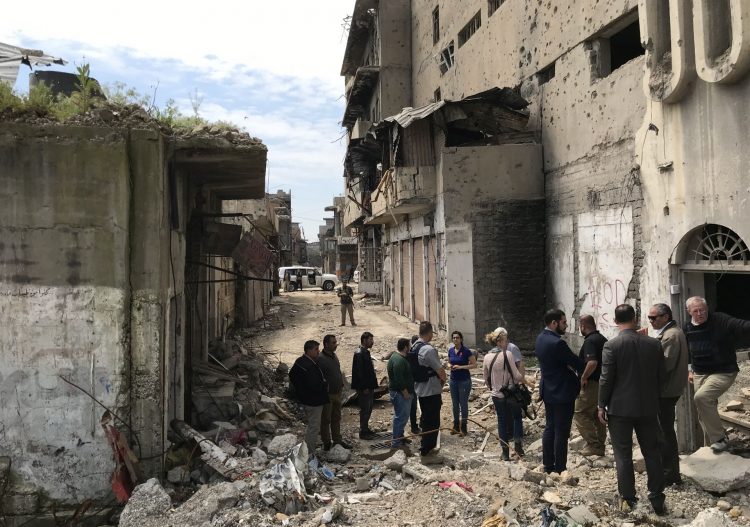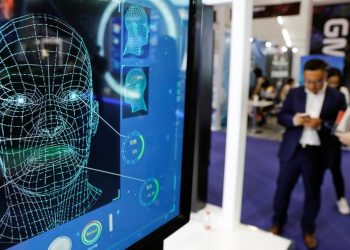The first phase of the UNOSAT Challenge has just ended. The UNOSAT Challenge is the important Phi-Unet (ESA) contest for UNOSAT (United Nations) in partnership with ESA, RUS COPERNICUS, UNOSAT and with the technical support of CERN openlab.
The aim of the contest is to put artificial intelligence and Earth Observation data at the service of a humanitarian cause: support the Iraqi government in planning reconstruction activities.
71 teams of candidates (companies/startups and students) joined the competition.
In the first phase, candidates were asked to create an artificial intelligence model to identify urban areas in some Iraqi territories, working on data provided by ESA and the German Space Agency (DLR).
At the end of this phase, 5 teams were selected. These teams will enter Phase 2 and will continue in the competition.
The selection was made through an innovative artificial intelligence system for an automatic evaluation (quantitative criterion) of the projects together with the technical opinion of a jury of 21 experts coming from the prestigious partner organizations (qualitative criterion).
The AI evaluation system was developed by the Phi-Unet Team.
In addition to the 5 winners, the best student of the first phase was given the possibility of a traineeship in UNOSAT in Geneva.
The five winning teams of the first phase will have the opportunity not only to win a monetary prize but also to work on VHR (Very High Resolution) material provided directly by UNOSAT with the technical support of CERN openlab to build an artificial intelligence model that can extract automatically the building footprints in Iraq.
This request comes from a United Nations fund that supports the Iraqi government in the 2020 census, a precious source of information for planning reconstruction and development activities in the territory.

for developers and enthusiasts







